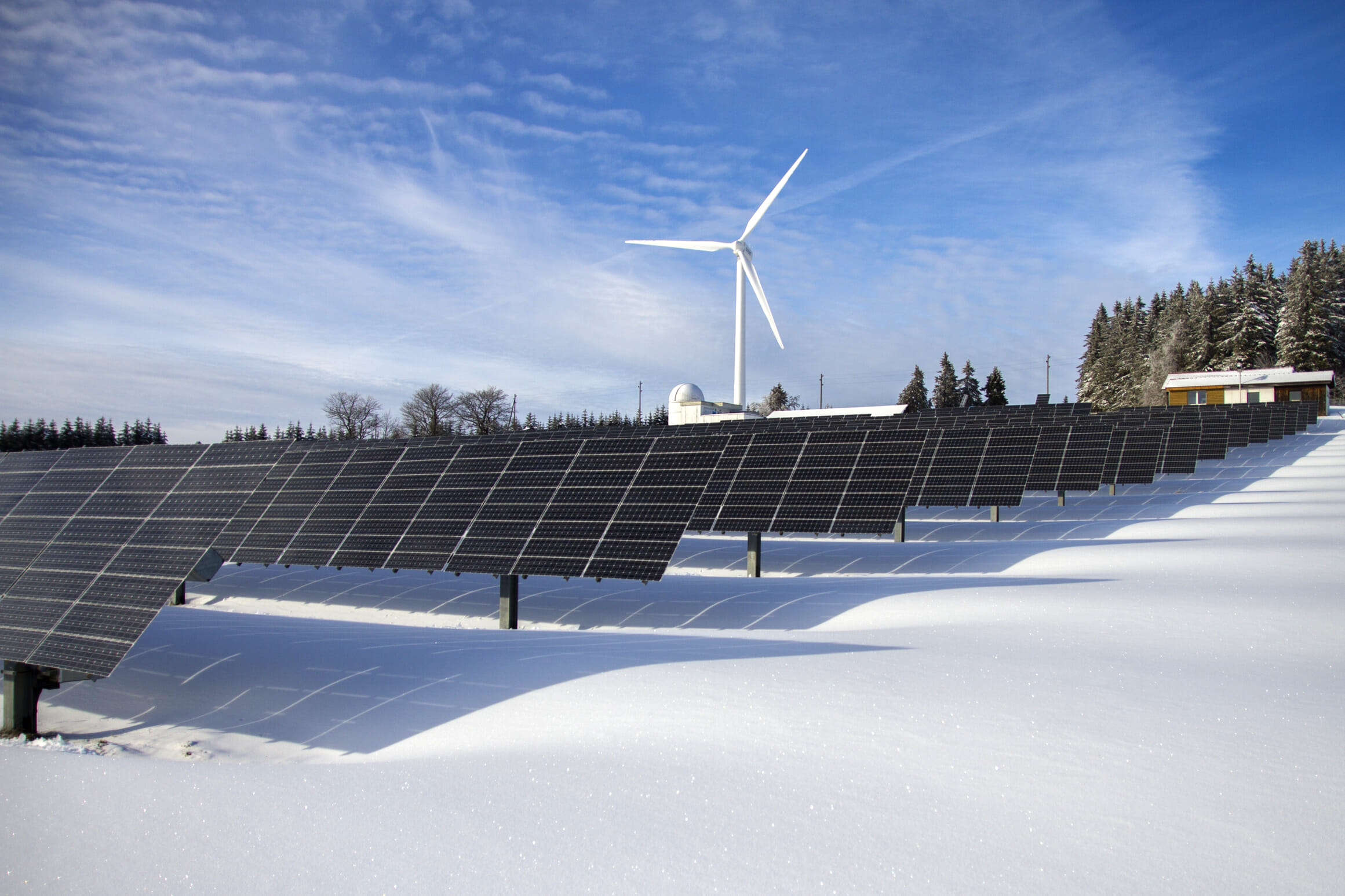Links for December 5, 2022

Photo by Pixabay from Pexels.

Photo by Pixabay from Pexels.
Mostly clean energy and decarbonization links in this edition, plus #FreeBG.
- Bloomberg Green’s Electric Car Ratings
- When I wrote that electric vehicles cost too much, I meant it! There are six models in this list that cost less than $40,000, and one of those six still has an suggested retail price of $39,990. I know we need to save the planet and all, but I don't know how to justify the EV premium unless you have a long commute.
- Megalopolis: how coastal west Africa will shape the coming century
- Long read alert! According to this article,
[b]y 2100, the Lagos-Abidjan stretch is projected to be the largest zone of continuous, dense habitation on earth, with something in the order of half a billion people.
(hat tip: Barry Ritholtz). What will this mean for the environment, political stability, and public health? - Why wind energy isn’t living up to its pollution-preventing potential
- Wind energy isn't cleaning up the air in the places that need it most — black and brown neighborhoods where air pollution is shortening lifespans and causing disease.
- All I wanted was a whole-home battery ...
- In which journalist-turned-venture-captalist Molly Wood tells us that solar panel companies are really in the finance business. Solar asset-backed securities are a thing, it seems. Solar panel installations probably don't need to cost $30,000 anymore. The fact that they do is a boon to finance companies and a hindrance to wide-scale adoption of solar.
- What Really Happens When Emissions Vanish
- Speaking of financial shenanigans and decarbonization, several major corporations are using
market-based accounting
— buying credits from clean energy providers, but not actually using the clean power — and pretending that this is the same as reducing their levels of carbon emissions. - What humanity should eat to stay healthy and save the planet
- Researchers are working to determine what people should eat that is healthy for both people and the environment. How can we ensure the right mix so that rich people don't consume too many calories, poor people don't end up malnourished, we maintain current levels of biodiversity, reduce carbon emissions, and respect existing foodways (hat tip: Barry Ritholtz).